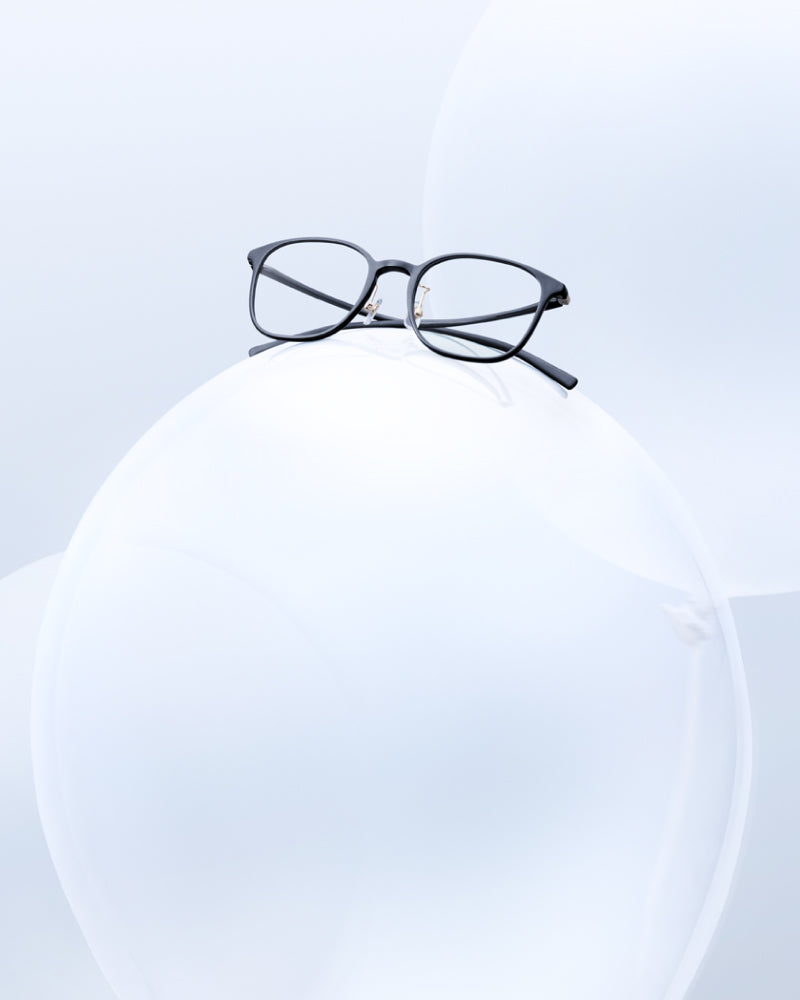Vision insurance is a great way for individuals to reduce their eye care expenses. If you regularly wear glasses or contacts to help you see properly, vision insurance can be a worthwhile investment.
Typically, you pay a set monthly premium — either out of pocket or through your employer as a paycheck deduction — and your vision insurance plan helps offset the cost of vision care needs, such as new glasses, contacts or lenses.
When you choose a vision insurance plan, be sure to note exactly what it covers so it is worth your money. For example, if you don't wear contacts regularly, you probably don't need a vision plan that includes coverage for contact lenses.
And, if you calculate what you normally pay out of pocket each year for eye care expenses and the yearly insurance premiums are more than this amount, you may want to consider other options, such as vision discount plans.
VISION INSURANCE VS. VISION DISCOUNT PLANS
Vision insurance is not the same thing as a vision discount plan. Vision discount plans typically offer specific discounts on vision care, unlike vision insurance, which is paid for more like traditional health insurance.
You can think of vision discount plans working similarly to a buyer's club card — when you're part of a vision discount plan, you're a member of a large group of other enrollees. The vision discount plan negotiates discounted fees with a group of eye care providers, all of whom are typically in the same network.
While vision discount plans are typically less expensive per year compared to vision insurance, out-of-pocket expenses for eyeglasses, contacts and eye exams are usually greater.
Instead of a premium as with vision insurance, vision discount plans charge an annual membership fee. In exchange for this, eye care providers charge you discounted fees for their services.
1. WHAT DOES VISION INSURANCE COVER?
Vision insurance generally covers healthcare services directly related to vision and reduces the costs associated with routine eye care. Examples of what vision insurance might cover include:
- Annual eye exams
- Prescription eyewear, including contacts and glasses (frames and lenses)
- Corrective surgery, such as LASIK or to treat cataracts
Unlike regular health insurance plans, which have a system of deductibles and co-pays built in and generally offer unlimited benefits after deductibles are met, vision insurance plans are wellness benefit plans, meaning you get certain coverage and discounts for paying a monthly or annual premium.
Vision insurance can be purchased as an individual plan or can be provided through your employer as a group benefit.
LIMITATIONS OF VISION INSURANCE
While vision insurance can certainly help you defray the cost of eye care expenses, it doesn't always cover everything, and it's good to be aware of some of the possible limitations. Check with your individual plan to find out exactly what's covered for you.
- Lens Type: Many vision insurance plans may only cover basic lens types and may not cover special lenses, such as blue light, anti-reflection or lightweight high index lenses.
- Frames: Vision insurance usually has tiers of what types of frames it'll cover. If you prefer designer frames, for instance, insurance may not cover the cost at all, or it'll only cover a small portion. Vision insurance typically covers a bigger portion of more basic frames — but check with your plan to be sure.
- Benefit period limits: Sometimes a vision insurance plan will cover the cost of glasses or contacts during a benefit period, but not both, so if you wear both types of vision correction options, then you may have to pay for one out of pocket.
- Pre-existing conditions: A vision insurance plan may not cover whichever conditions the provider considers to be “pre-existing,” which are usually conditions you were diagnosed with before the plan began.
2. IS VISION INSURANCE WORTH IT?
If you wear glasses or contacts routinely, vision insurance can be quite beneficial, as it covers routine annual eye exams and can help defray the overall cost of prescription eyewear.
When considering plans, be sure to examine them closely to see exactly what they cover — one plan might have you pay a $30 co-pay for an annual eye exam while another plan might cover $35 towards the cost of an exam but expect you to pay for the rest out of pocket.
In deciding whether it's worth it to enroll in vision insurance, you can consider how much annual premiums would cost and compare that to what you would normally pay out of pocket for all of your eye care services.
3. HOW MUCH IS VISION INSURANCE?
The cost of vision insurance depends on the provider and whether you're getting the insurance through your employer or purchasing an individual policy.
If you enroll in a plan through your employer, premiums are usually deducted from each paycheck, and if you enroll in an individual plan on your own, you'll pay a monthly premium.
4. HOW OFTEN CAN YOU GET GLASSES OR CONTACTS WITH VISION INSURANCE?
While individual plans vary, and you should check with your plan for specifics, most vision insurance plans cover part or all of the cost of new lenses for glasses or contacts every 12 months. Frames are typically covered every 24 months, but again, plans vary, so check with yours if you're not sure.
5. ARE VISION PLANS WORTH IT?
For many people who have eye care needs, vision plans can be very beneficial because they can help defray the cost of new lenses, frames or contacts. It's a good idea to add up your expected eyewear costs to discover if obtaining vision insurance makes sense. Factor in the cost of a monthly or annual premium and your expected out-of-pocket vision-related costs (exams, new lenses) and then find out what individual plans cover.
6. HOW DO I KNOW IF I HAVE VISION INSURANCE?
If you have vision insurance, you will pay a monthly premium or annual premium, either through deductions from your paycheck if the insurance is through your employer or on your own if you enroll in an individual plan.
7. HOW DO I GET VISION INSURANCE?
You can enroll in a vision plan through your employer if they offer it along with your regular health insurance benefits, or you can search your state's health insurance marketplace for a vision plan.
To learn more about how you can use vision insurance on your next pair of JINS glasses, read our insurance guide or contact us with any questions!


















